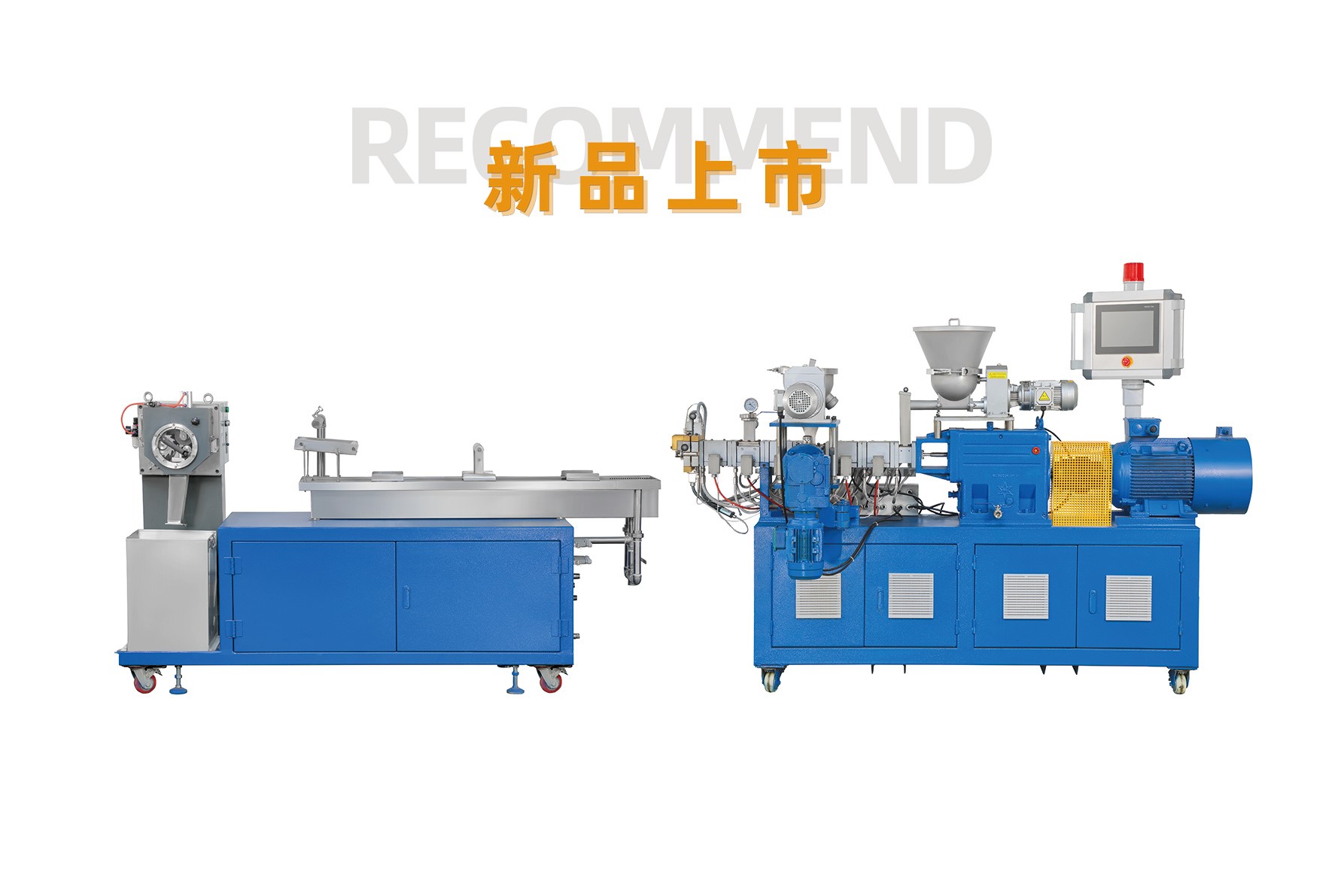The twin-stage twin-screw granulator, with its unique working principle and significant advantages, has become an indispensable key equipment in many industries. This equipment not only greatly improves production efficiency but also ensures product quality, meeting the demands of large-scale production.
The widespread application of the twin-stage twin-screw granulator in multiple fields is attributed to its unique twin-screw transmission system. This system consists of two coaxially rotating screws, with a gap between them designed as a gradually narrowing conical structure. This design allows the material to be subjected to more uniform compression and shearing forces during the screw transmission process, thereby increasing the crystallinity of the material and resulting in higher quality pellet products.

Moreover, the granulator adopts a twin-stage granulating system. This system cleverly divides the granulating process into two stages: in the first stage, the material undergoes initial compression and mixing through the first screw; in the second stage, the material is transferred to the second screw for further compression and cutting. This segmented processing method not only better adapts to the granulating needs of different materials but also significantly enhances production efficiency and product quality.
In the chemical industry, the twin-stage twin-screw granulator is widely used in the production of fertilizers, pesticides, and other chemical products. These products typically require the mixture of various additives or raw materials into uniform pellet forms for subsequent processing and use. The granulator's high-efficiency mixing effect and excellent temperature control capability ensure that these substances have accurate compositions and uniform distribution during processing.
The pharmaceutical industry demands high precision in material control, and the granulator can provide this precise control. In the production of pharmaceuticals, the twin-screw granulator ensures uniform distribution of drug components in the final product, maintaining product quality and stability.
In the food processing industry, the handling of certain high-viscosity materials such as starch syrup also requires twin-screw granulating technology. This technology can produce pellet products of specific shapes or be used to make feed pellets, meeting particular production process requirements. The excellent mixing performance and powerful extrusion capability of the twin-stage twin-screw granulator enable it to handle various raw materials and complex formulation needs.
Of course, the twin-stage twin-screw granulator is not without its drawbacks. For instance, cleaning the equipment can be relatively cumbersome, and the costs of changing masterbatch colors and maintenance can be high. However, with continuous technological advancements, these issues are gradually being resolved. Some advanced twin-screw granulators are now equipped with automatic control systems and adjustable working parameters, enabling operators to quickly and accurately adjust according to different raw materials and process requirements.
Overall, the twin-stage twin-screw granulator, with its efficient production capacity, uniform pellet quality, and wide adaptability, plays an important role in many industries. With ongoing development and improvement in technology, it is believed that this equipment will continue to bring more convenience and value to industrial production in the future.
 Tel: +86-25-52706155
Tel: +86-25-52706155
 E-mail: info@kymach.com
E-mail: info@kymach.com
 No.59 West Tianyuan Road, Jiangning, Nanjing, Jiangsu Province, China
No.59 West Tianyuan Road, Jiangning, Nanjing, Jiangsu Province, China